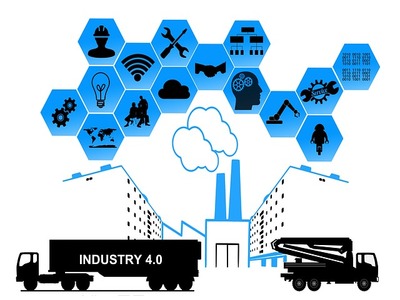IoT: A New Accelerator Of Digital Transformation

Integrating digital transformation into its DNA in order to reinvent its business model and stand out from the competition has become essential. In addition to robotics and artificial intelligence, the Internet of Things (IoT) is, however, the technology that is expected to have the greatest transformational power by the end of the century next three years. But what is IoT? The Internet of Things is a network of connected devices that will digitize the physical world by collecting and sharing data via the internet.
This allows companies to leverage the data they collect to improve decision-making, increase efficiency and profitability, or identify new revenue opportunities. Instead of the traditional paper attendance sheet, participants will be able to automatically identify themselves by their smartphones detected within the room during the training period.
While cases for individuals are obvious and widespread (connected homes, smart clothes/appliances), the application within companies can still seem rather nebulous. To take a concrete example, pilot projects are currently being tested to take advantage of this technology to digitize the way employees register during training. Instead of the traditional paper attendance sheet, participants will be able to automatically identify themselves by their smartphones detected within the room during the training period.
Digitized information or the digital transformation at the source will then be automatically encoded by other technologies in the monitoring systems of departments in charge of training within the company. Another example is that of insurance companies that are currently thinking about adjusting the premium to be paid on a car insurance contract according to your driving style.
In this case, the connected devices will measure the speed of the vehicle, the distance traveled, the time range of use or the acceleration and braking levels. The emergence of this kind of technology, which is gaining more and more important in our professional lives as well as in our private sphere, however, begins to pose fundamental questions in terms of security issues, like (authentication, data encryption) and respect for privacy. Privacy (including how data generated by these devices, for example, can be used by the companies that collect them).
Finally, to ensure the full availability and connectivity of this technology, it will be essential to modernize our network infrastructure – which should greatly facilitate the arrival of 5G.
RELATED: 6 Technologies That Will Boom In 2020 For Digital Transformation
